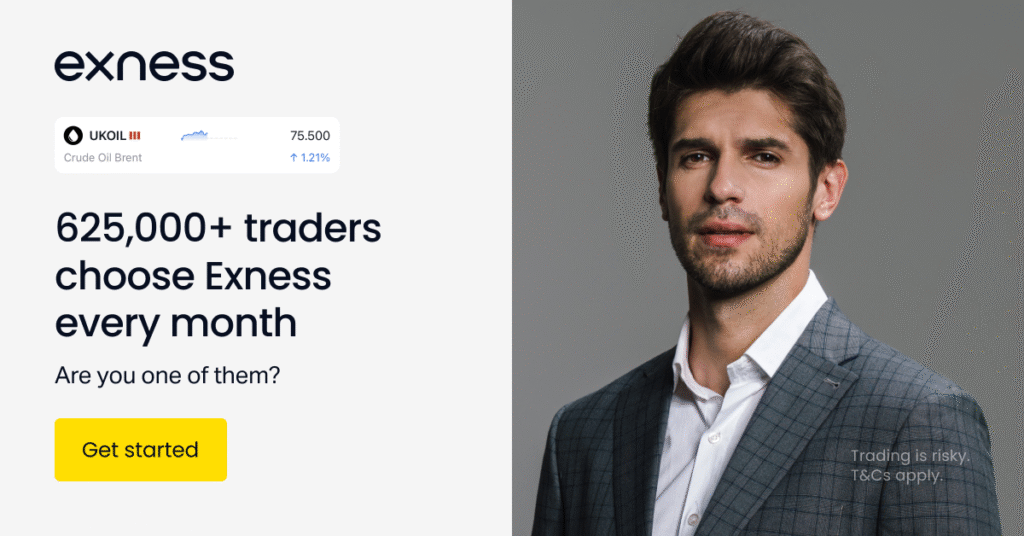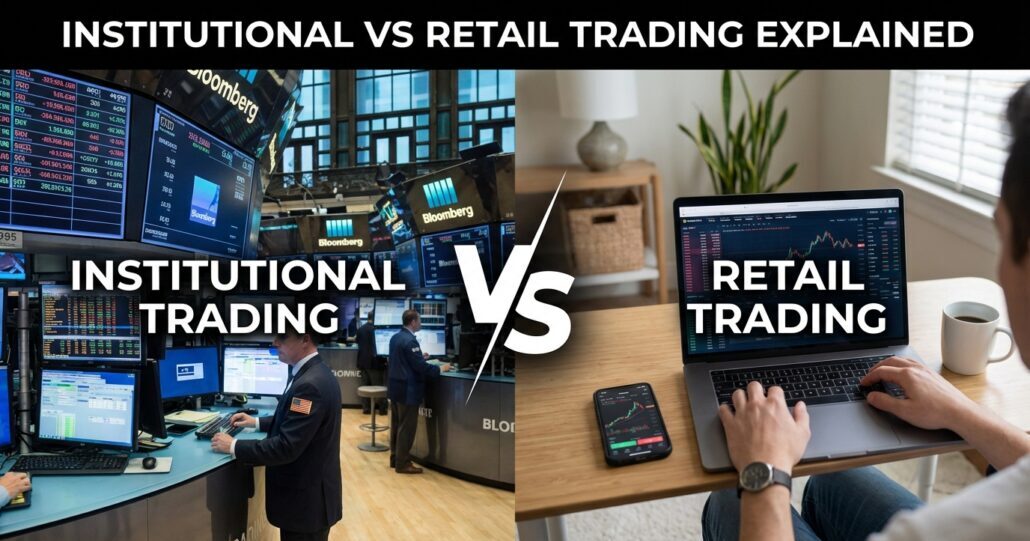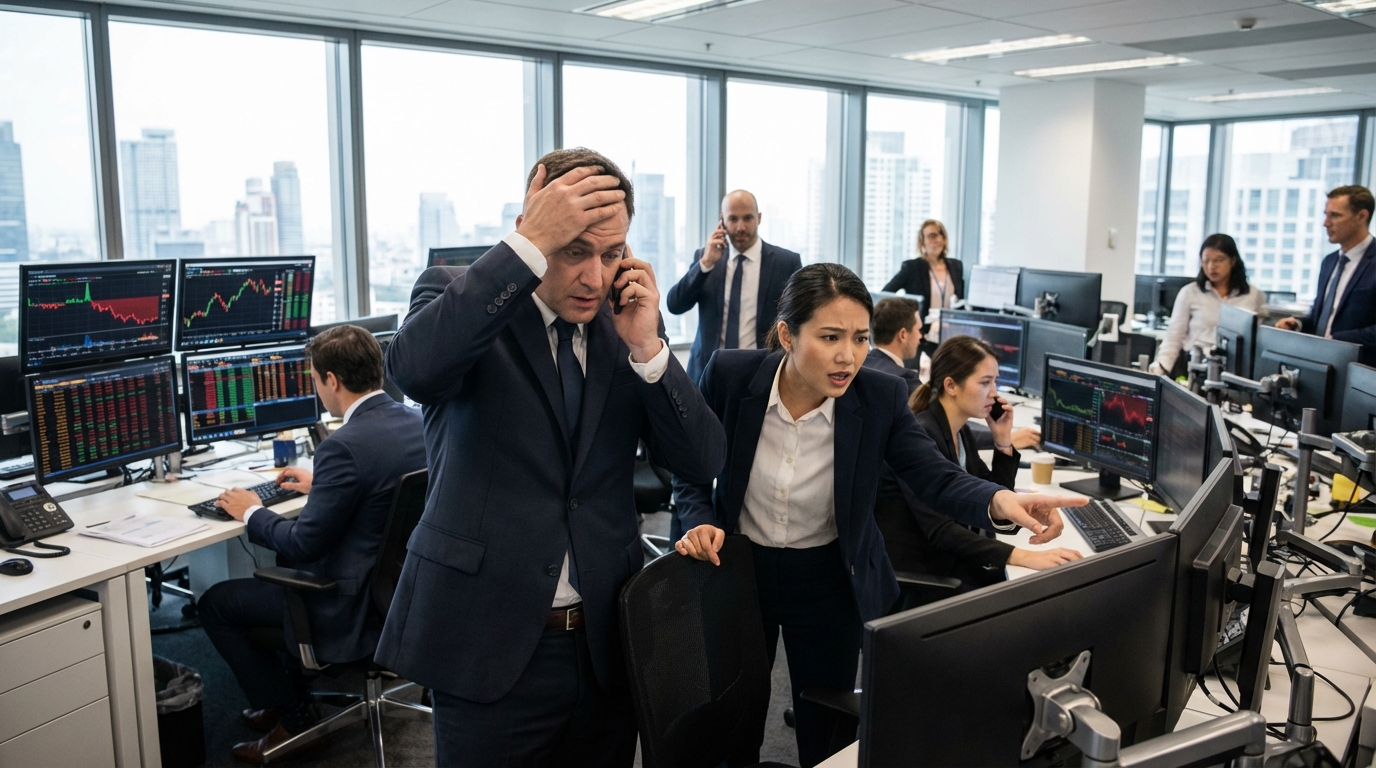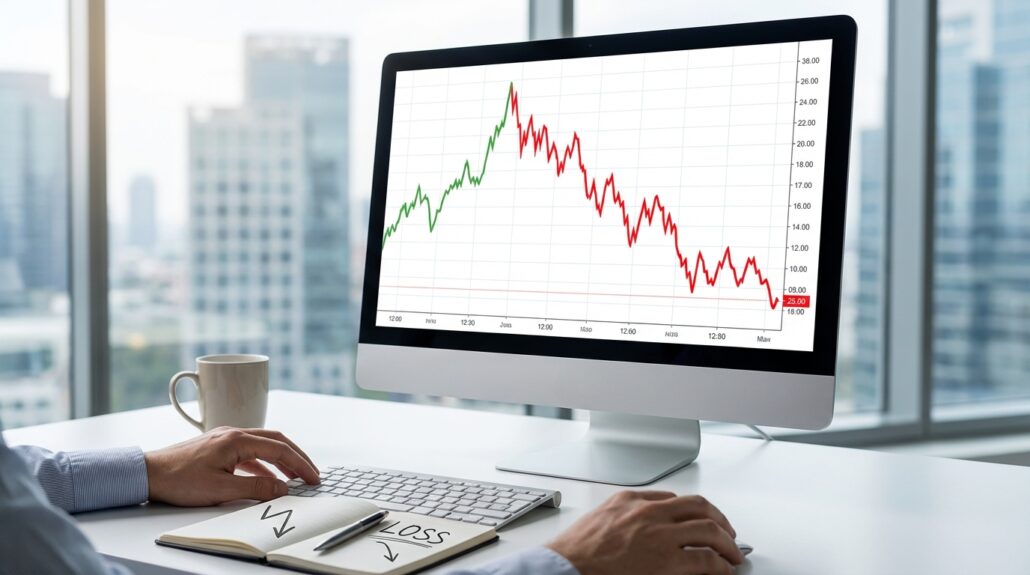Trading Psychology: Control Your Emotions, Maximize Your Trades
 Sam Reid
Staff Writer
Sam Reid
Staff Writer 
Introduction: Why Psychology Matters More Than You Think
“Markets are driven by fear and greed.” This timeless observation captures one of the biggest truths in trading: your mindset can make or break your results. While technical strategies and research are essential, studies including IG’s analysis of over 30 million trades show that psychological factors often determine whether traders profit or lose.
In fact, many experts argue that trading is 80% to 90% psychology and only 10% technical skill. A trader with an excellent strategy but poor discipline can wipe out gains in days, while a disciplined trader with a basic system can achieve steady growth. That’s why understanding trading psychology is not optional, it is the foundation for long-term success.
What Is Trading Psychology?
Trading psychology refers to the emotions, thought patterns, and mental biases that influence decisions in financial markets. It explains why traders sometimes exit too early, hold losing trades too long, or risk too much after a winning streak.
Some of the most influential emotions include:
- Fear: Exiting trades prematurely or avoiding opportunities.
- Greed: Overextending risk in pursuit of bigger profits.
- Overconfidence: Ignoring rules after a winning streak.
- Anxiety: Freezing due to overanalysis or uncertainty.
- Frustration: Taking revenge trades after losses.
- Boredom: Deviating from plans to seek excitement.
How Emotions Influence Trading Decisions
Fear: The Barrier to Opportunity
Fear is the most common emotion in trading. Beginners especially struggle with fear of losing money, fear of making mistakes, or fear of missing out (FOMO).
- Example: Research showed traders induced with fear closed trades early 45% more often than a control group.
- Result: Missed profits and lack of trust in analysis.
How to manage fear:
- Place stop-loss orders to define risk upfront.
- Use predefined position sizes to avoid panicking over losses.
- Build confidence with demo accounts before going live.
Greed: The Profit Trap
Greed leads traders to hold positions too long or over-leverage their accounts. While optimism is healthy, excessive risk often flips winning trades into losers.
- Example: IG’s survey found 42% of traders felt they should trade more, yet frequent traders often saw lower realized returns.
How to manage greed:
- Apply a clear risk-to-reward ratio (e.g., 1:2).
- Take partial profits at predefined levels.
- Stick to your trading plan instead of chasing more.
Overconfidence: The Silent Killer
After a string of successful trades, traders may feel invincible. This overconfidence leads to bigger position sizes, skipped risk management, and ignoring stop levels.
- Result: Large losses when the market shifts unexpectedly.
Solution: Keep a trading journal to track performance and avoid inflated self-perception.
Anxiety and Overanalysis
Some traders freeze because they want perfect confirmation before acting. By the time they decide, the opportunity is gone.
- Result: Paralysis by analysis and reduced confidence.
Solution: Simplify strategies, set entry and exit rules, and trust your system.
Common Psychological Biases in Trading
Psychological biases are shortcuts the brain takes that can distort rational judgment. Some of the most impactful biases in trading include:
- Loss Aversion: Traders hate losing more than they like winning, often holding losers too long.
- Confirmation Bias: Seeking information that supports existing beliefs while ignoring contradictory data.
- Familiarity Bias: Preferring assets or markets you know, reducing diversification.
- Herd Mentality: Following the crowd without independent analysis.
Real-World Trading Psychology: Lessons from Research
IG’s global research on 30+ million trades highlighted the gap between winning and losing behaviors:
- Average losses were significantly larger than average gains.
- 50% of traders held onto losing trades longer than winners.
- Morning losses increased the likelihood of higher-risk afternoon trades by 16%.
The takeaway is clear: success is less about predicting the market and more about controlling your behavior when markets move against you.
Building Discipline: Practical Tools and Techniques
1. Develop a Trading Plan
A written trading plan should define:
- Entry and exit rules
- Position sizing
- Risk-to-reward ratios
- Emotional rules (e.g., no revenge trading after two consecutive losses)
By committing to a plan, you remove emotions from moment-to-moment decisions.
2. Use Stop-Losses and Take-Profits
These tools automate decision-making, protecting capital and ensuring profits are locked in without emotional interference.
3. Keep a Trading Journal
Logging every trade helps identify emotional patterns. Over time, traders can pinpoint recurring mistakes like chasing trades or ignoring stops.
4. Practice Mindfulness and Stress Management
Meditation, breathing exercises, and short breaks can reduce stress and prevent impulsive actions.
5. Learn from Mistakes
Instead of hiding from emotional trades, analyze them. Reflection builds resilience and reduces the likelihood of repeating the same error.
The Broker Advantage: Why Exness Supports Better Trading Psychology
Even with discipline, trading psychology is easier to manage when your broker provides the right tools. Exness, a trusted global broker, offers features that directly help traders stay emotionally balanced:
- Tight Spreads and Fast Execution: Reduces frustration caused by slippage.
- Risk Management Tools: Stop-loss and take-profit orders built into the platform.
- Flexible Account Types: Allows traders to size positions according to their risk tolerance.
- Reliable Withdrawals: Quick access to funds reduces anxiety and builds trust.
- Educational Resources: Guides and webinars on trading psychology help traders stay disciplined.
By trading with Exness, traders gain not only market access but also the stability and structure that help keep emotions in check.
Conclusion: Mastering Trading Psychology for Long-Term Success
Trading is more than strategies and indicators. A crucial element is about mastering yourself. Fear, greed, and overconfidence will always exist, but by understanding how they work, you can reduce their influence. Through planning, journaling, mindfulness, and disciplined broker support, traders can transform emotional weaknesses into strengths.
Remember: you cannot control the market, but you can control your reactions. Master trading psychology, and consistent profits become much more achievable.
FAQs
How does emotion affect trading?
Emotions like fear, greed, and frustration cloud judgment, leading to impulsive or hesitant decisions. They often cause traders to exit too early, hold losers too long, or take unnecessary risks.
Is trading 90% psychology?
Many experts estimate that trading is 80–90% psychology and only 10–20% strategy. Discipline and mindset largely determine consistency and long-term success.
What is the most common emotion that leads traders to hold on to losing trades?
Hope is the most common emotion. Traders often “hope” losses will reverse, leading to bigger losses instead of cutting positions early.
What is the psychology behind trading?
Trading psychology is the study of emotions, mental states, and biases that influence decisions in financial markets. It explains why rational strategies often fail when emotions like fear, greed, and overconfidence dominate decision-making.
Disclaimer: Remember that CFD trading involves high risk. Always do your own research and never invest what you cannot afford to lose.
 21st Sep 2025
21st Sep 2025









